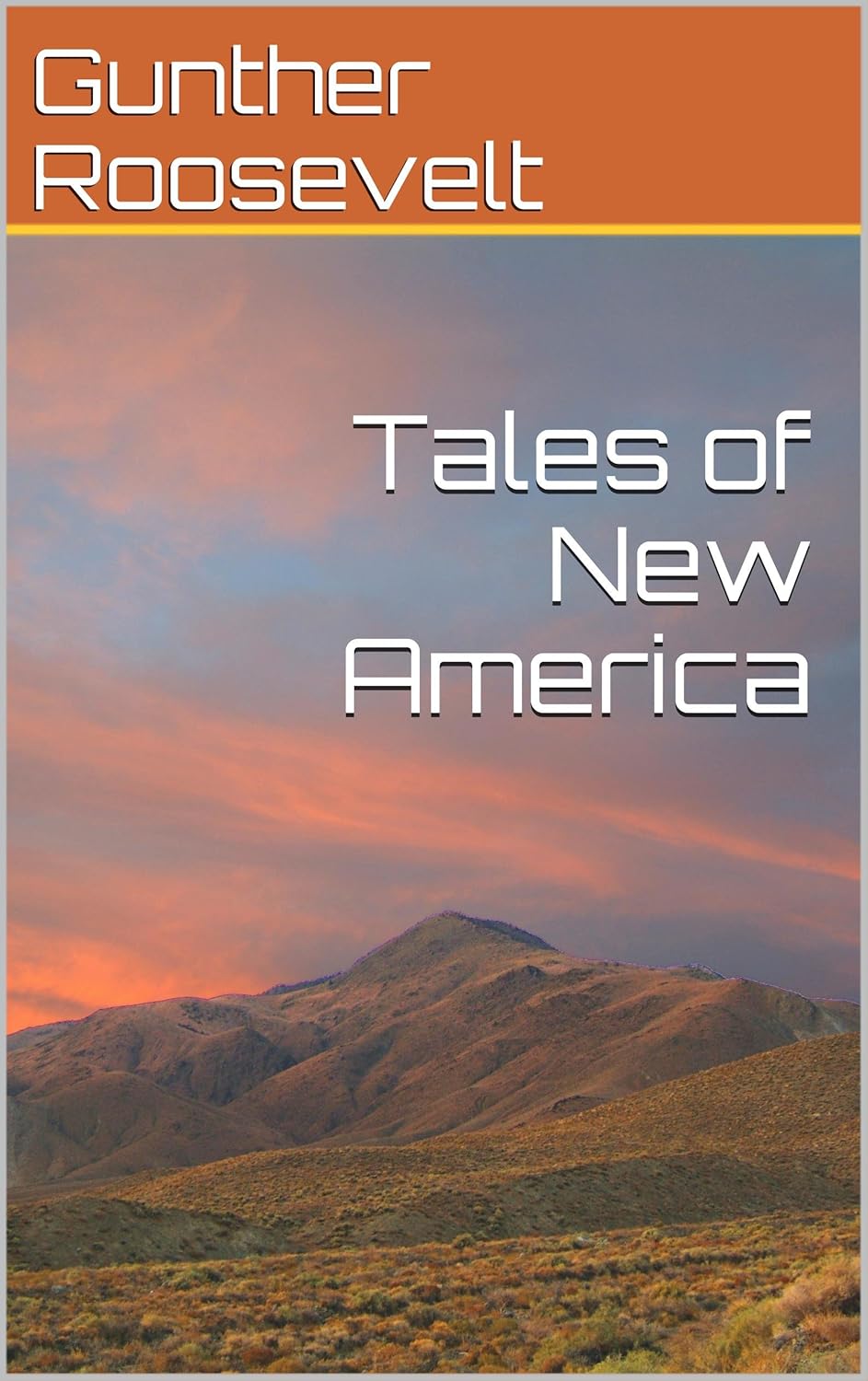DL provides a second look at Gunther Roosevelt’s Tales of a New America:
Tales of New America by Gunther Roosevelt is a
collection of short stories/vignettes set in a post-economic collapse
America where too many decades of an expanded welfare state and cultural
decline have taken it’s toll. The stories contain several recurring
characters, but they’re not intended to follow the stories of a set
group of individuals, but rather to communicate the process of the
transition from the USA to the NAR, or New American Republic. For me,
this fast paced style, and my own interest in the subject, made
compelling reading and I finished the book in short order.
conflict that will arise when the government can’t pay for all of the
post-retirement benefits it’s promised to employees. As a resident of
Illinois, this is something that is of great concern to me. I work in
the private sector, but I wonder what the reaction will be from all of
those public employees who have not saved for their own retirement will
be when their employer can’t make good on promises made during boom
times.
I couldn’t help but compare this to another
post-collapse novel I’d recently read, Flashback, by Dan Simmons, an
excellent book by the author of Hyperion. Tales of New America charts
out what I would consider to be an absolute best case scenario for the
collapse of Progressive American Culture and the start of a new
culture–a culture aware that the previous culture was suicidal.
Flashback on the other hand charts a much more pessimistic, and I’m
afraid to say, realistic scenario.
by a rich industrialist who is tired of dealing with the regulation
involved in the oil business. His circumvention of the law, and the lack
of reaction from the clapped-out regulatory agencies gets the ball
rolling. Others follow his lead by “going Galt” and the NAR is
established. It was quite easy to imagine this scenario based upon the
quite common concept of Diminished Responsibility that’s so common
amongst government workers.
a good sense of “the body’s dead, but the head doesn’t know it yet”,
The old bureaucracies are established, nominally running, but they’re
running on fumes, only still moving at all because the personnel
involved are doing their work as part of a routine and not much else.
Scenarios of non-NAR citizens becoming aware of
untenable nature of how they lived in the past, and lessons being
learned are common, but not to the detriment of the story.
Some
of the things that touched me the most were the way this novel handled
race relations. It pointed out my own preconceived notions that in many
cases I didn’t know I had. My own life involved growing up in a tough
part of the south side of Chicago, followed by a move to a working class
suburb. My subsequent life has been a career in IT, and because of my
hard work I’ve always been able to live in areas that were safe, stable,
and less than vibrant. Virtually all of my contact with Vibrant
Americans has been work related, and positive. If I didn’t still live in
the Chicago area, with constant reminders of the dangers of vibrant
culture, my knee jerk reaction to this novels take on race relations
would have been “Racism!!”, but I was able to remember that this was a
novel, and within the confines of this novel and our current culture,
what was portrayed was understandable. I’m also familiar with the
concepts, which I first encountered in Peter F. Hamilton’s Night’s Dawn
trilogy when he introduced the concept of “Ethnic Streaming” for
off-world colonies.
that every personality connected with the NAR was beyond temptation and
bribery–something I know never to be the case when human beings are
involved. As the NAR conquest of the west coast moved forward, there
were no major setbacks, no huge obstacles, and at every turn NAR
technology provided an almost magical advantage. The concept of “no
battle plan survives contact with the enemy” just never reared it’s ugly
head. All the NAR forces were good, incorruptible Boy Scouts, and the
enemy were simply rabble propped up to be knocked down. A semi-competent
enemy would have been nice.
die, some went on in too much detail for my taste. A good editor might
have been helpful in this and other areas.
Overall, I
enjoyed the book, and it was compelling enough for me that I pretty much
read it straight through. Using the Amazon scale, I’d give it 3 stars.
I’d certainly be willing to give something by this author a try in the
future. If you’re going to read this, I’d also recommend picking up
Flashback to compare and contrast life in Post-Obama America.
